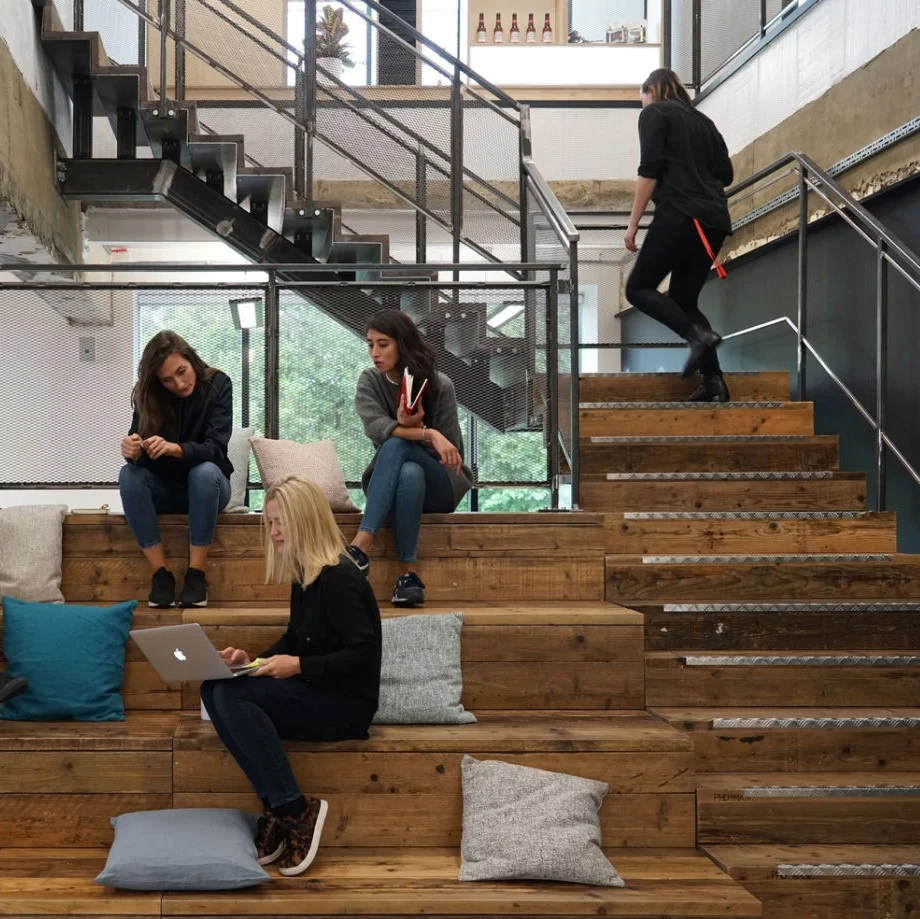The United Kingdom could reshape its economic future and unlock its share of £39.8 billion in untapped GDP if organisations were to ‘optimise their workplaces’, according to a new study by Ricoh and Oxford Economics, titled The Economy of People. The UK could achieve a 1.8 percent increase in GDP, equal to £36.8 billion, which could pay for the cost of Brexit twice with change to spare. Similarly, the Irish economy could expand by 1.0 percent, or £3 billion, if businesses commit to creating the optimal office. The findings from The Economy of People are based on forecasts of how productivity in various industries will improve, if investment in workplaces makes them optimal for those that work there and their employers. Surveys and interviews were conducted with employees and executives to uncover how workplace elements, such as culture, physical workspace and technology affect performance and productivity.
Executives were also asked how much of their operating budget they plan to spend on workplace initiatives next year. The insights were used as a benchmark, along with economic factors including gross value added, labour productivity in industrial sectors and employment figures, to form an economic model that calculated the gross value-added contribution to GDP that an optimal office would deliver.
To put the findings into context, developing the optimal office could generate a boost to UK GDP (£36.8bn) larger than the economic activity generated in the London boroughs of Camden and Tower Hamlets, and the local authority of Birmingham each year. It would also be larger than GDP contributed by the architecture and engineering (£32.8bn), food and beverage serving (£32.4bn) and land transport (£32.3bn) (including pipelines) industries each year.

